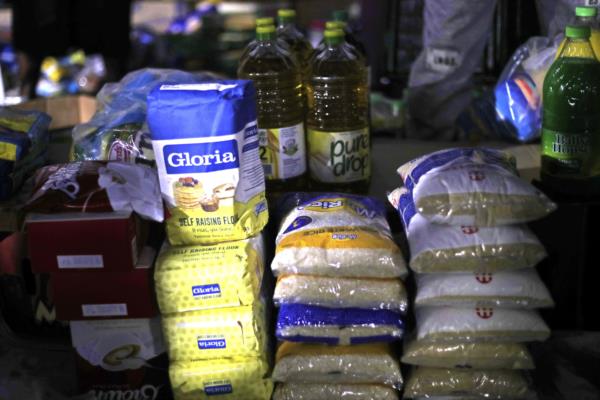
In response to the volatility of Zimbabwe's new currency, informal night markets have emerged as popular alternatives to traditional stores in the capital city of Harare. The informal markets offer a wide range of products, from groceries to electronics, at significantly lower prices compared to formal retailers.
Due to rising energy costs, taxes, and regulations that force formal retailers to accept the local currency at low official exchange rates, many consumers are turning to these open-air bazaars that operate at night to avoid scrutiny from authorities.
Informal traders, including children, are able to offer better bargains as they are not burdened by the same expenses as formal businesses. This has led to a shift in consumer behavior, with many opting for the cheaper options available in the informal markets.








Zimbabwe introduced a new gold-backed currency called ZiG earlier this year in an attempt to stabilize its economy. However, the currency has faced challenges, with the gap between official and black market exchange rates widening.
Traditional stores are struggling to stay afloat as they are required to price their goods in the local currency, making them less competitive against the informal markets. The Retailers Association of Zimbabwe has warned of store closures, citing the current economic conditions as unsustainable.
Despite efforts to promote the new currency through marketing campaigns, many consumers and traders continue to prefer the stability of the US dollar. This preference has further fueled the growth of informal markets, where vendors operate at night to cater to the demand for affordable goods.
With over 80% of Zimbabwe's employable population working in the informal sector, the night markets have become vital sources of income for many families. Street vendors like Oswald Gari have found success in the night trade, providing for their families in a challenging economic environment.
For consumers like Batsirai Pabwe, shopping at the informal night markets offers a convenient and affordable alternative to traditional stores. The simplicity and affordability of the shopping experience have made these markets increasingly popular among Harare residents.
As Zimbabwe continues to grapple with economic challenges, the resilience of the informal sector and the growth of night markets highlight the adaptability of local businesses and consumers in the face of currency fluctuations and regulatory pressures.







